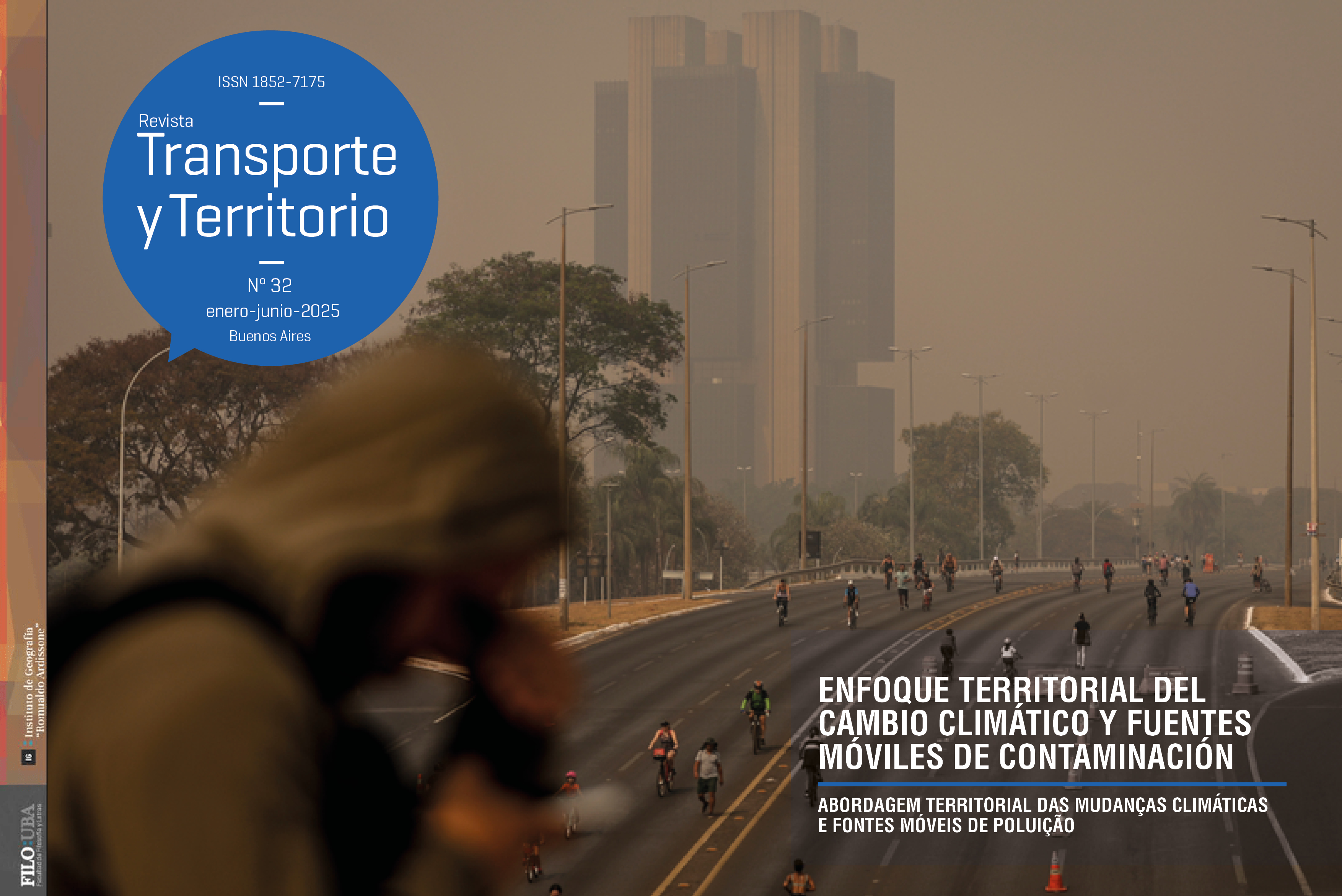Simulação de estratégias para descarbonização do transporte de cargas
Abstract
Freight transport is a source of greenhouse gas emissions. Its decarbonization is challenging due to the high dependence on fossil fuels and increasing demand. This paper analyzes the dynamics of the freight decarbonization policies. System Dynamics stands out for its suitability to investigate the impact of policies over time. A simulation model was developed and applied to the Brazilian freight system to analyze the implementation time and impact of policies toward alternative means of transportation, such as modes and fuels. Significant emissions reduction is possible by combining a noteworthy shift from roadways to alternative modes, in addition to zeroing out the use of diesel. The emission budgets for the Brazilian freight sector to limit global warming to 1.5ºC or 2ºC would be reached in the next years, which corroborate the urgency for more forceful actions to promote freight decarbonization.Downloads
Copyright (c) 2025 Veronica Ghisolfi, Gisele Chaves, Glaydston Mattos Ribeiro

This work is licensed under a Creative Commons Attribution 4.0 International License.

1.jpg)

3.png)























